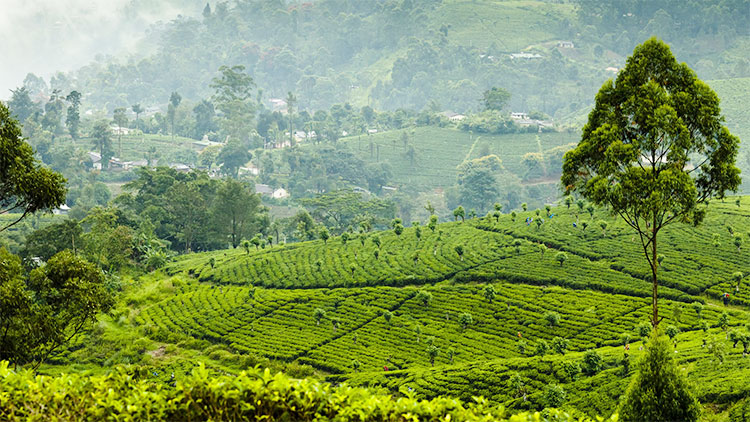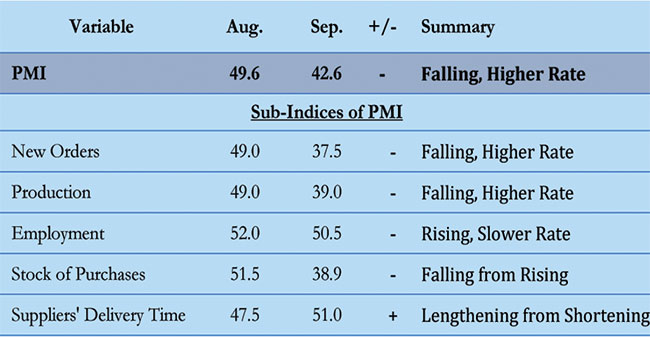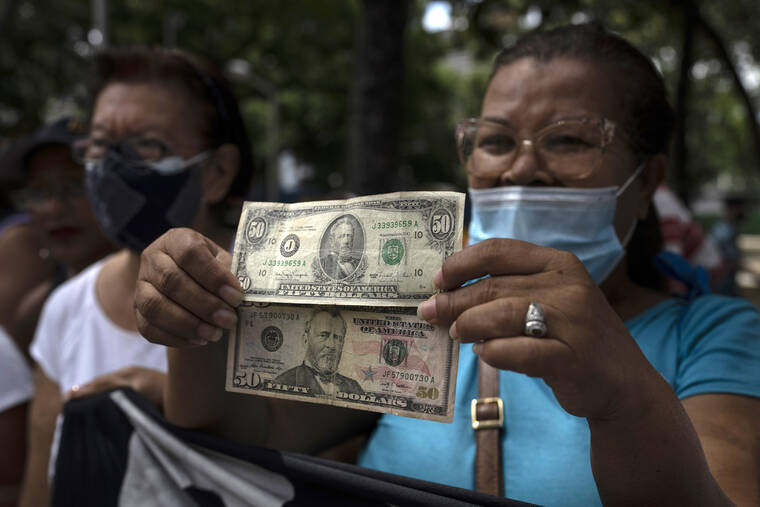The Lasting Curse of Janasathu – The Island

Let me start with two anecdotes.
Back in the 1960s, my dad would pull up to the local Shell gas shed and a smiling gas station attendant, smartly dressed in a uniform (khaki shirt and shorts) would approach the driver’s side and ask what he needed. While gasoline was being pumped, the attendant wiped the windshield and checked the engine oil. The toilets were clean. The air pump was working. To my delight, large, colorful road maps were distributed free of charge. Sounds like a dream, doesn’t it? All this for around Rs. 1 (one) for a gallon of gasoline!
The next story. In 1978, I visited Brian Howie, a former classmate, at Kataboola Estate in Nawalapitiya. Brian was an SD – assistant superintendent – and his bungalow was in a remote corner of the estate, so remote that it had its own mini hydroelectric plant. Mrs. B’s government, which had nationalized the estate, had just fallen and the estate was now under new management.
The bungalow was sparsely furnished and I noticed a corner of the living room was blackened. Brian told me that the previous occupant, a former bus driver turned “SD”, didn’t know how to use the stove, so he put together bricks and created a lips in the living room to cook. Meanwhile, all appliances and furniture in the bungalow had been stolen by the same man.
Janasathu has a false ring, which means “belonging to the people”. But, as everyone knows, the term rather refers to a nest of thieves, accumulating millions of losses at the expense of the people. A place where friends and political supporters are given employment, showered with generous benefits, and given the freedom to plunder. Government-owned corporations, businesses and “other institutions” number in the hundreds, and perhaps only a handful make a profit. The others are leeches, sucking the blood of the nation.
Do we need a company/consultancy for Salt, Ceramics, Wood, Cashew, Lotteries, Fishing, Movies, Ayurvedic Medicines, Handicrafts? For a newspaper publisher? They are so bloated with employees that their raison d’être seems to be the jobs, benefits, and plunder I mentioned above.
I read recently that Sri Lankan Airlines, BTC, Petroleum Corporation and Ceylon Electricity Board are the biggest loss-makers. The Godzillas among them appear to be Sri Lankan Airlines, which reportedly lost Rs. 248 billion in the first four months of this year, and Petroleum Corporation, which lost Rs. 628 billion over the same period. (The Petroleum Corporations owes billions of rupees to both Sri Lankan Airlines and the Ceylon Electricity Board.) The Ceylon Electricity Board appears to be a mafia, undermining efforts to promote renewable energy, while favoring remunerative fossil fuels. While the poorest of our people starve, the crooks who run these organizations continue to sell and steal.
In Hong Kong, where I lived for 20 years, no airline, bank, oil company, telephone service, LPG or electricity supplier is owned by the government. The buses belong to the private sector. In Japan, where I currently live, in addition to the Hong Kong list, even the railways and post offices are privatized and provide courteous and efficient service. In Japan, service at gas stations is reminiscent of that in Ceylon in the 1960s that I described above.
At least in one case, Mrs. B tried to correct her folly by nationalizing the plantations. Mel’s family owned thriving coconut plantations in Melsiripura. After nationalization, the estates fell into such a sorry state that Mrs. B personally invited the de Mels to take them over. Today, estates thrive under effective management.
As a nation, we have to admit that janasathu failed and take action to remedy the situation as soon as possible.
GEORGES BRAINE





